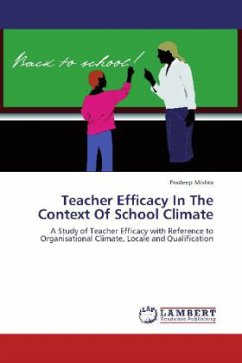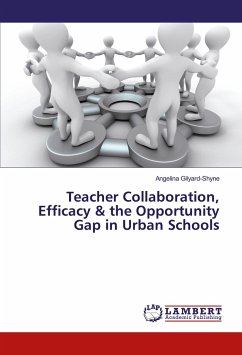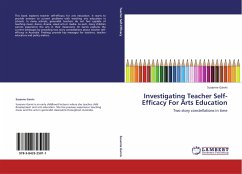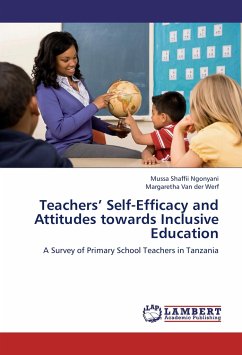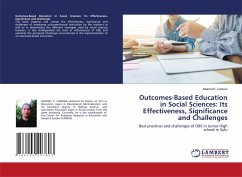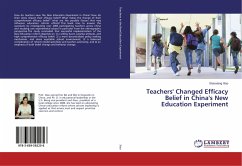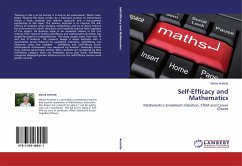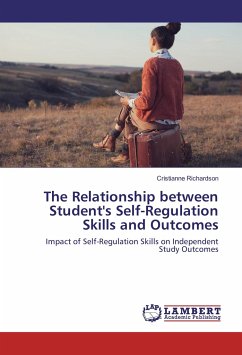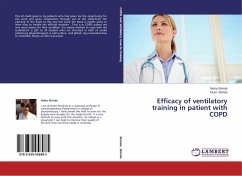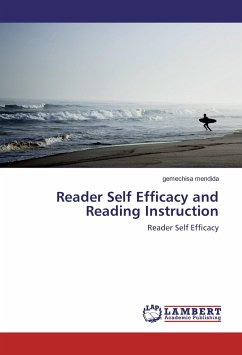
Teacher Efficacy and Student Outcomes
Teacher Efficacy of Inclusive & Special School Teachers in Relation to Students Self-efficacy, Aspirations & Achievement
Versandkostenfrei!
Versandfertig in 6-10 Tagen
52,99 €
inkl. MwSt.

PAYBACK Punkte
26 °P sammeln!
Scholastic Achievement, teacher effectiveness, and school improvement are critical components in our educational system and are interdependent.A powerful variable that has been shown to positively impact Scholastic Achievement is Teacher Efficacy. As individuals, teachers lead their lives and base their actions, including their classroom behaviours, on their perceived Self-Efficacy. Despite the avid interests in this construct and although prior reviews have been conducted, there are still gaps in our understanding of Teacher Efficacy. First, there are potential inconsistencies in the way Teac...
Scholastic Achievement, teacher effectiveness, and school improvement are critical components in our educational system and are interdependent.A powerful variable that has been shown to positively impact Scholastic Achievement is Teacher Efficacy. As individuals, teachers lead their lives and base their actions, including their classroom behaviours, on their perceived Self-Efficacy. Despite the avid interests in this construct and although prior reviews have been conducted, there are still gaps in our understanding of Teacher Efficacy. First, there are potential inconsistencies in the way Teacher Efficacy has been defined and variability in the manner in which it is measured.It is imperative not only to recognize these differences but also to understand the theoretical traditions these differences reflect and their implications for research and practice. Second, we do not understand the nature of the relationship between efficacy and those variables.Therefore, the purpose of the present study was to explore the relationship between Teacher Efficacy and those variables as grounded in a deep understanding of the efficacy construct.



